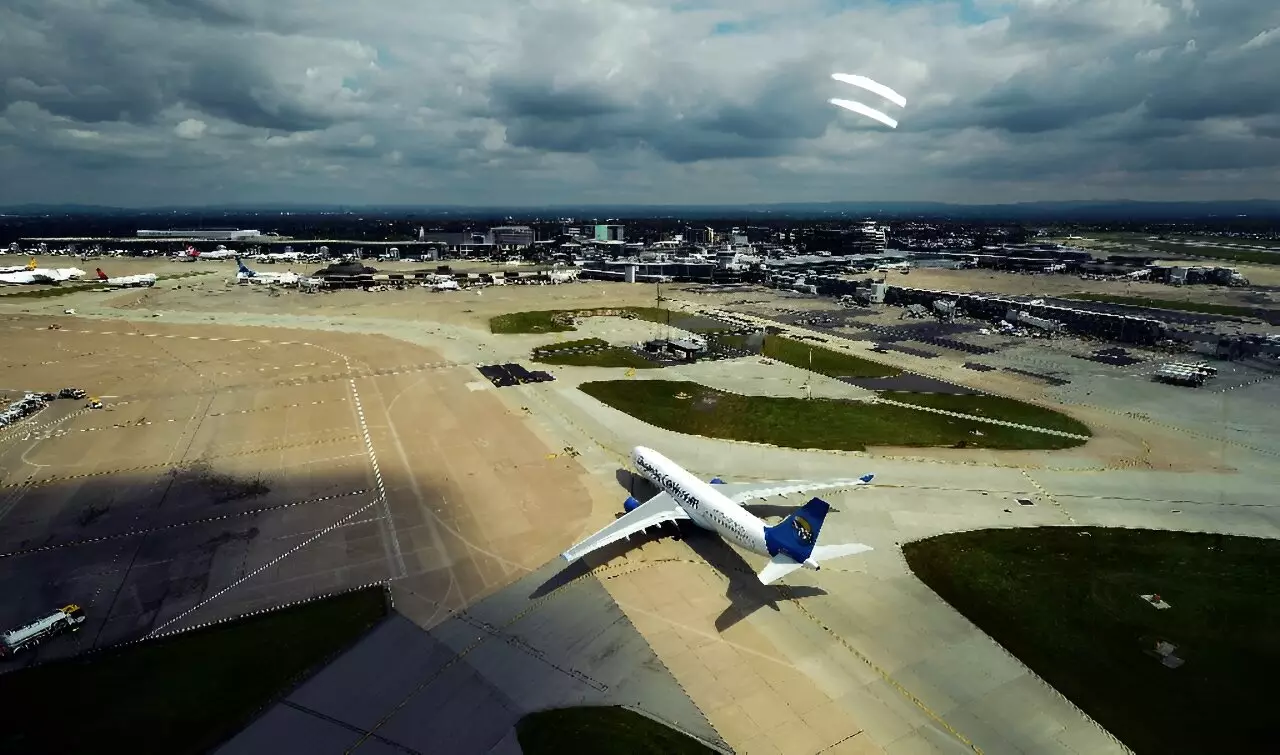Manchester Airport, the third-busiest in Britain, recently experienced a major power cut that resulted in the cancellation of over 100 flights, affecting thousands of passengers. The airport spokesperson reported that at least 20 percent of all incoming and outgoing flights were cancelled, and further disruptions were expected. This incident led to chaos and confusion for travelers who had to deal with unexpected flight changes and delays.
EasyJet, one of the airlines operating at Manchester Airport, faced the largest number of cancellations, with 66 departures and 50 inbound flights affected. Jet2 also had to cancel dozens of flights and was unable to load bags onto planes due to the inoperable baggage system. Passengers had to endure long queues for security checks and were allowed to board flights only with cabin bags, adding to the frustration and inconvenience caused by the power cut.
Operational Challenges and Resumption of Flights
The power cut not only disrupted the flight schedules but also caused problems with airport security and baggage systems. Chris Woodroofe, the airport managing director, confirmed the challenges faced by Manchester Airport due to the power outage. Despite these hurdles, flights were able to resume in the afternoon, bringing some relief to stranded passengers. Woodroofe expressed hope that operations would return to normal by the following day, aiming to minimize the impact on travelers.
The UK travel industry has had its share of technical and strike disruptions in recent years, affecting both rail and air passengers. From nationwide immigration e-gate outages to air traffic control faults, travelers have faced various challenges while navigating through different modes of transportation. These incidents not only cause inconvenience but also dampen the overall travel experience for passengers, highlighting the vulnerabilities within the transportation infrastructure.
The power cut at Manchester Airport serves as a stark reminder of the fragility of airport operations and the ripple effect it can have on airlines and passengers. While the situation was challenging, the airport authorities and airlines worked diligently to restore normalcy and alleviate the disruptions caused by the incident. As the travel industry continues to face unforeseen challenges, it becomes crucial for stakeholders to prioritize resilience and preparedness to ensure a smoother travel experience for all.


Leave a Reply